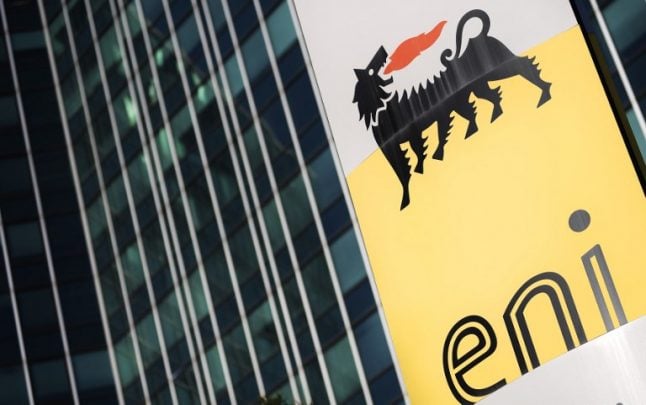The company turned a loss of €1.46 billion in 2016 into a net profit of €3.4 billion in 2017, much higher than the average of just under 2.0 billion expected by analysts surveyed by Factset Estimates.
Eni's shares climbed 1.5 percent in morning trade in Milan, which was up 1.2 percent overall.
In the fourth quarter alone the company recorded a net profit of €2.1 billion, six times the level of last year and more than three times the amount expected by analysts.
“We close 2017 with excellent results which underline how the process of intense change started in 2014 has transformed Eni into a company able to grow and create value even in difficult market conditions,” chief executive Claudio Descalzi said in a statement.
The rise in crude prices, from an average of $44 per barrel in 2016 to $54 last year, helped swell sales by 20 percent to €66.92 billion. Production also climbed by 3.2 percent to 1.82 million barrels of oil equivalent per day, a record annual average.
While Eni won't present its new three-year strategic plan until next month, it announced Friday it aims to increase output by another three percent this year by stepping up production at its existing fields in Egypt, Angola and Indonesia.
Eni has put exploration and rapid development of production at the heart of its strategy. Last year it launched production at Zohr in Egypt, the largest gas field in the Mediterranean, in a record time of two-and a-half years following its discovery.
It has diluted its holdings in some of those fields, including Zohr, as it strives to maintain financial discipline as it moves forward.
“Looking to the future, we see excellent growth prospects for all of our businesses,” said Descalzi.
“However, growth must be sustainable and we will pursue it in a disciplined way with great respect for the possibility of the most difficult operating conditions,” he added.
by Céline Cornu



 Please whitelist us to continue reading.
Please whitelist us to continue reading.